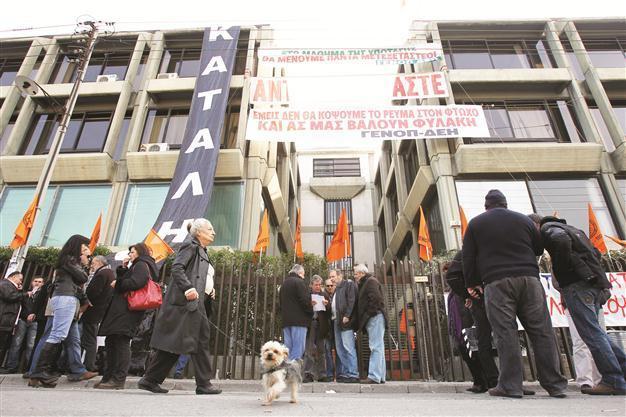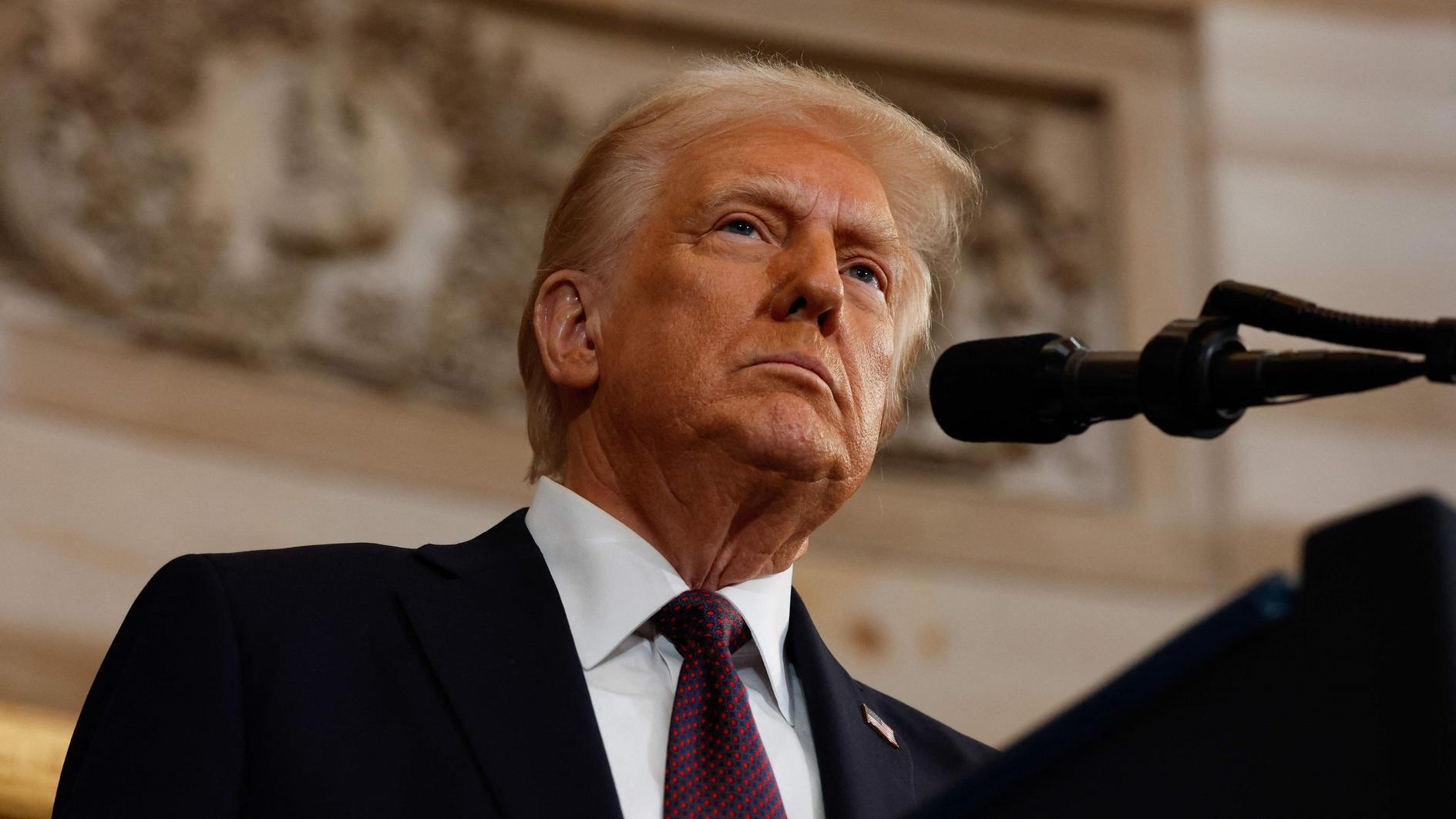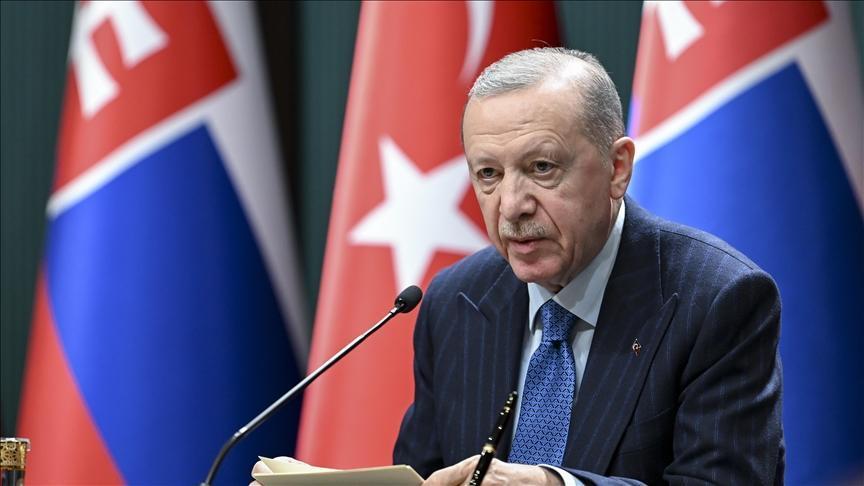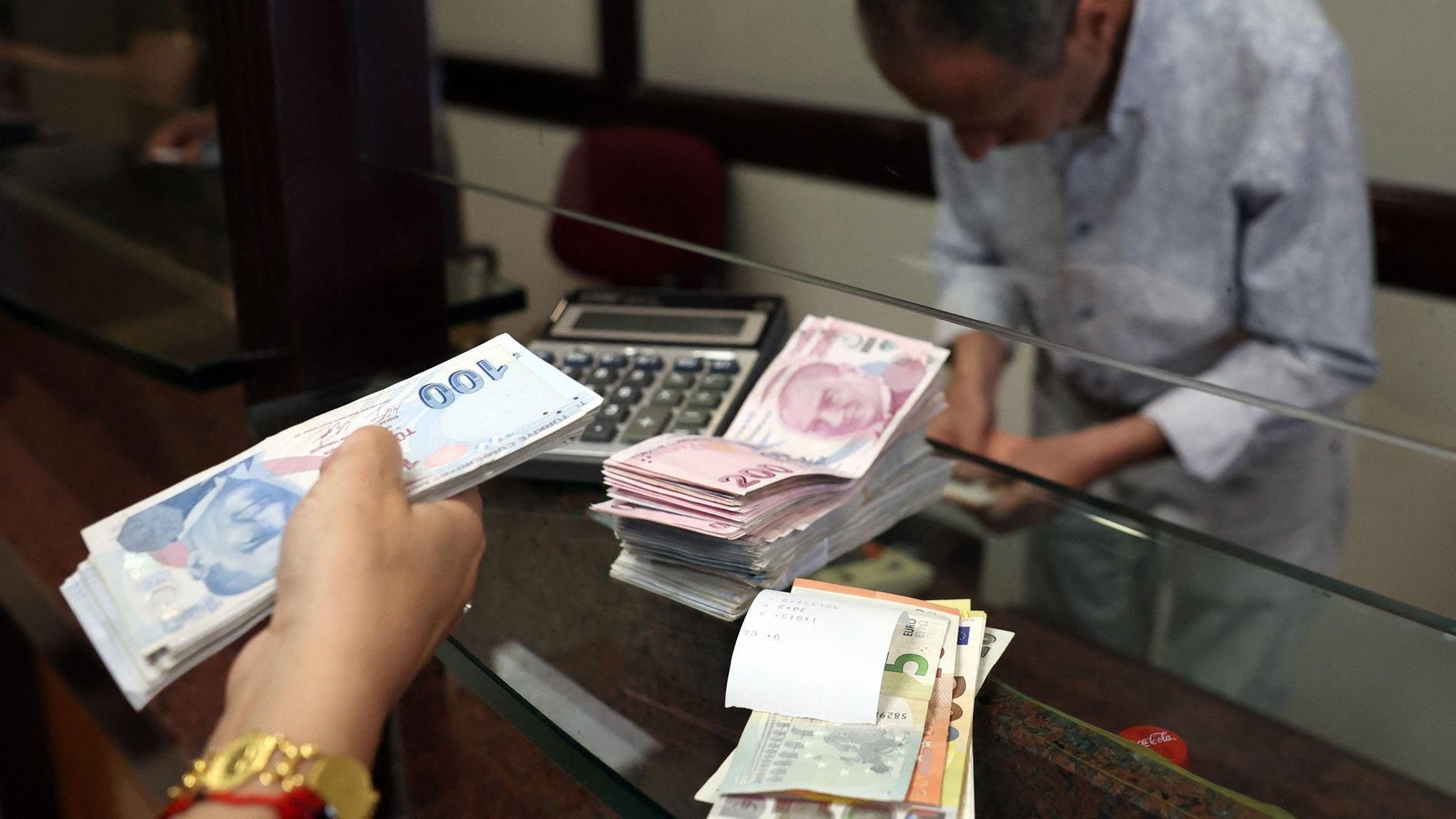IMF losing confidence in Greece
BERLIN / ATHENS - Reuters

People pass outside a building Greek Electricity Company during an occupation in Athens, Nov 22, 2011. Greece ‘has already defaulted’ on its debt, an economist says. ‘The best thing would be if one honestly says that the Greek government cannot repay its debt,’ he says.
The International Monetary Fund (IMF) is losing confidence in Greece’s ability to clean up its public finances and work off its mountain of debt, German magazine Der Spiegel reported on Saturday.Citing an internal IMF memo, Der Spiegel said the body considered Greece’s current readjustment program insufficient and that new measures would have to be taken if the country is to avoid default.
The magazine said the IMF saw three options: either Athens enacts further austerity measures, private creditors write off more of their investments in the country’s sovereign debt, or states in the eurozone increase bailout aid.
Earlier on Saturday, an adviser to Germany’s finance minister Wolfgang Schaeuble told a Greek newspaper that a 50 percent write-down on Greek debt holdings, part of Greece’s debt swap deal, is not enough to put the country on a viable path.
Banks and investment funds have been negotiating with Athens for weeks on the scheme, which aims to cut Greece’s debt-to-GDP ratio from 160 percent to a more manageable 120 percent by 2020 - a key part of the country’s second, 130-billion-euro bailout.
Der Spiegel, in its edition that hits news stands yesterday, says this 120 percent target is now in question.
In an interview with To Vima’s Sunday edition, Clemens Fuest, an academic, said the Greek debt haircut should be higher than the agreed 50 percent to help Greece repay its debt.
‘Reduction not enough’
“This (50 percent) rate was accompanied by the idea it would be associated with a long-term economic consolidation program, which would reduce the accumulated debt to 120 percent of the annual gross domestic product in 2020,” he said. “But such a reduction is not enough. We had already (a debt of) 120 percent at the beginning of the crisis. So the reduction must be higher than 50 percent.”
“To my view, Greece has already defaulted,” Fuest said. “I believe that the best thing would be if one honestly says that the Greek government cannot repay its debt. In such a way, a better settlement could be achieved.”
Echoing his remarks, Deutsche Bank Chief Economist Thomas Mayer told another Greek newspaper that Greece should put its finances in order to stay in the eurozone.
“Even after the (debt) restructuring, the prospects for the Greek debt remain a big challenge,” Mayer told Real News. “It is clear that only a comprehensive program of economic reforms can save Greece from exiting the euro.”
Meanwhile the head of one of Angela Merkel’s coalition partners contradicted on DEc. 7 one of her tenets on the euro, saying that the EU would be fine if a country dropped the currency. Horst Seehofer, leader of the Christian Social Union (CSU), said in an interview with Deutschlandfunk radio that he did not agree with Merkel’s statement “If the euro fails, Europe fails.”
Tycoon uncertain over euro
LISBON - Reuters
One of Portugal’s most prominent business leaders has moved his family holding company to the Netherlands partly because of uncertainty over whether the country will remain in the euro, Alexandre Soares dos Santos said in a newspaper interview Dec. 7.
Soares dos Santos, who is chairman of the board of Jeronimo Martins, caused a stir in Portugal when it emerged that his family holding company that controls the country’s second-largest retailer had moved to Holland.
Soares dos Santos told weekly Expresso the decision to move the holding company was motivated by a desire to guarantee investments and avoid “fiscal instability” in Portugal.
But it was also because of uncertainty over Portugal’s continued existence in the euro.
“I also don’t know if Portugal will stay in the euro. And if it leaves, it will be to the escudo,” Soares dos Santos told Expresso, referring to the escudo currency used by Portugal before it adopted the euro. “I have a right to defend my property.”
Asked if the transfer had to do with the risk of leaving the euro, Soares dos Santos said: “Clearly. Since 2008 our economic consultants have talked about this.”
















